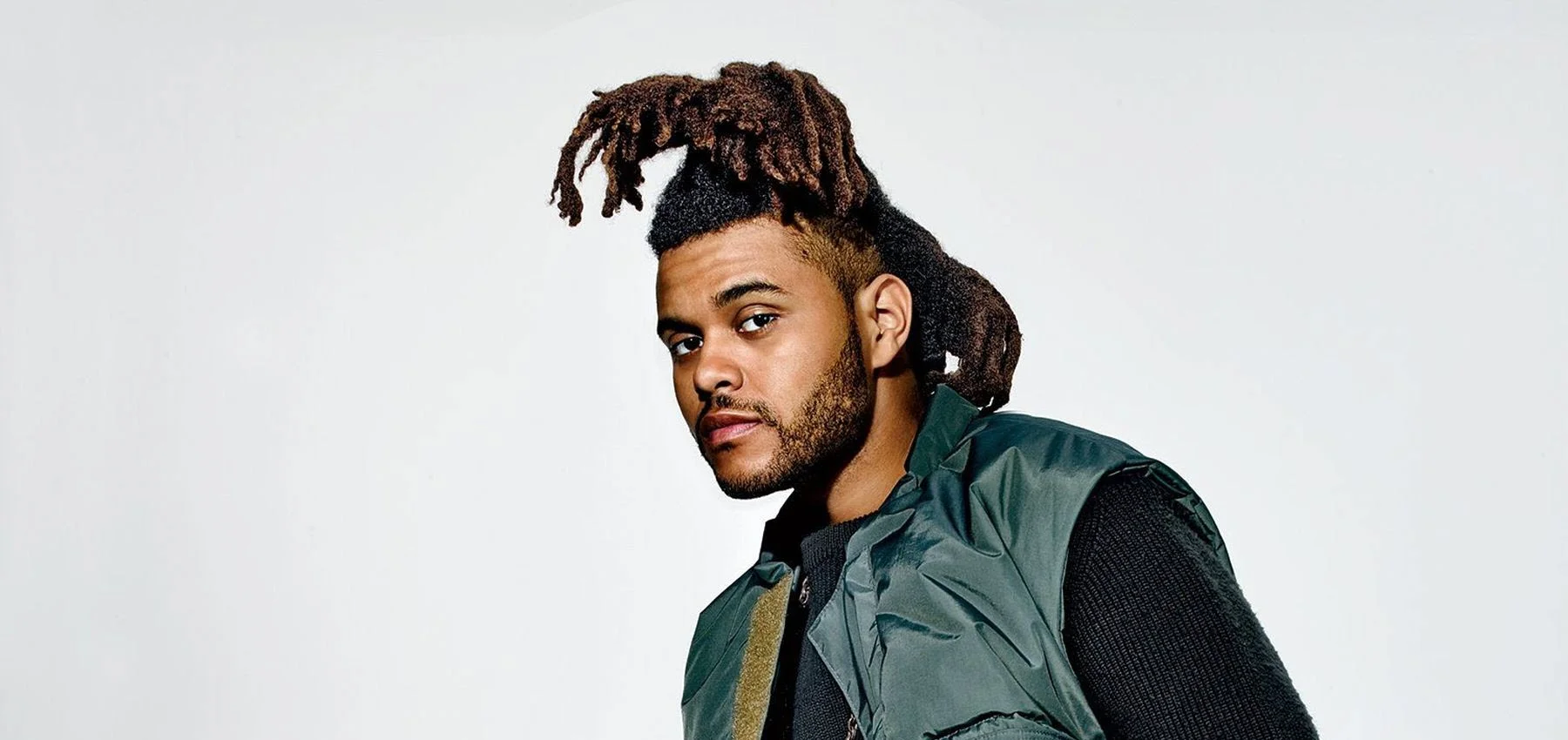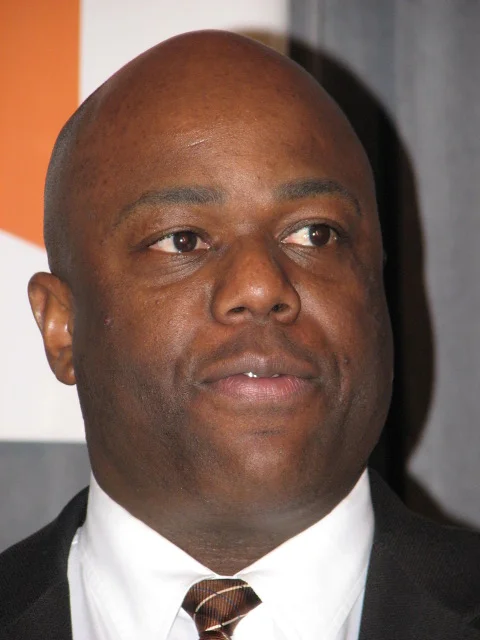Former NBC executive seeks to unite Black, Chinese communities
Nobody laughed when Paula Williams Madison stood up as a Black person in front of a roomful of people and announced she was Chinese.
That was four years ago at the fourth Toronto Hakka conference at York University.
“I was so shocked because I was used to having people laugh,” she told Share while in Toronto last weekend for the quadrennial conference. “But then Hakka people are from all over the world and because they go everywhere, they blend locally. The people in that audience were not surprised to see me as a Black person and they could see in my face the Chinese features.”
Nearly five years ago, Williams Madison quit her high-profile job as an NBC Universal executive vice-president to research her family’s roots.
Raised in Harlem with brothers Elrick and Howard Williams, Williams Madison recalled being often told by their Jamaican-born mother, Nell Vera Lowe, that she was separated from her father, Samuel Lowe, a Jamaican-Chinese shopkeeper, at age three. He went to China in 1933 and never returned.
After her mother died a decade ago, she vowed to find her grandfather’s descendants in China.
When Williams Madison’s cousin, Ajax resident John Hall, sent her a DVD of Canadian filmmaker Jeanette Kong’s first documentary, The Chiney Shop, which was screened at the Chinese Cultural Centre in Scarborough during Asian Month celebrations in May 2012, along with a registration form for the Toronto Hakka conference at York University two months later, she sensed she might be on to something significant.
The former chief executive officer of the Los Angeles Sparks of the Women’s National Basketball Association (WNBA) met conference co-founder Dr. Keith Lowe, who turned out to be her cousin, and Kong who she convinced to shoot a documentary. The 88-minute film – Finding Samuel Lowe: From Harlem to China – was shot in Toronto, when Williams Madison and her brothers were here for the Hakka conference in 2012; Mocho in Clarendon, Jamaica where Lowe owned his first shop; in St. Ann’s Bay where he ran a successful business and in Shenzhen and Guangzhou in China.
Williams Madison said she was excited to be back in Toronto where the journey to trace her family roots started.
“This is the beginning of the other part of my life,” she said. “It’s the fulfilment of what I dreamed about when I was six years old. Growing up in Harlem and watching my mother so sad at not having her family around, I used to wonder then how and why I was going to find my mother’s father. Coming to Toronto feels like coming home.”
In December 2012, Williams Madison and 18 family members went to China to meet their relatives. The trip culminated in a reunion with a documented lineage dating back 3,000 years to 1006 B.C. and led to Williams Madison and her siblings going into business with cousins in China.
Last year, a book – Finding Samuel Lowe – was launched. Spanning four generations and moving between New York, Jamaica and China, the publication is a powerful memoir that is a universal story of one woman’s search for her maternal grandfather and the key to her self-identity.
Williams Madison hopes the book and documentary will serve as the basis for a feature film.
She’s also spending a lot of time speaking to Black and Chinese communities.
“I am trying to explain to them how similar we are,” she said. “When that Chinese-American police officer (Peter Liang) accidentally killed an unarmed Black man (Akai Gurley) in a New York housing project in 2014, there was a lot of outrage from the city’s Black community. I want to bring these two communities together because neither of us is running the economic systems in North America. By coming together, we could achieve more, not just economically, but socially and environmentally.”
Jamaican-born Dr. Andrea Davis, the chair of the humanities department at York University, welcomed the delegates to Canada’s third-largest university.
“I applaud Dr. Lowe and the organizers for their commitment to a vision of a multicultural Canada that’s really grounded in our collective love of this country and for also recognizing our intersecting histories that bring us together from many, many different places across many seas,” said Dr. Davis.
University of Toronto professor emeritus, Dr. Shui Loon Kong, the inaugural G. Raymond Chang Distinguished Speaker, delivered the keynote address on the opening day.
“Hakkas are not defined by facial or body features,” he said. “A person who appreciates and lives out the Hakka spirit is a Hakka, regardless of where they live or what they look like.”






